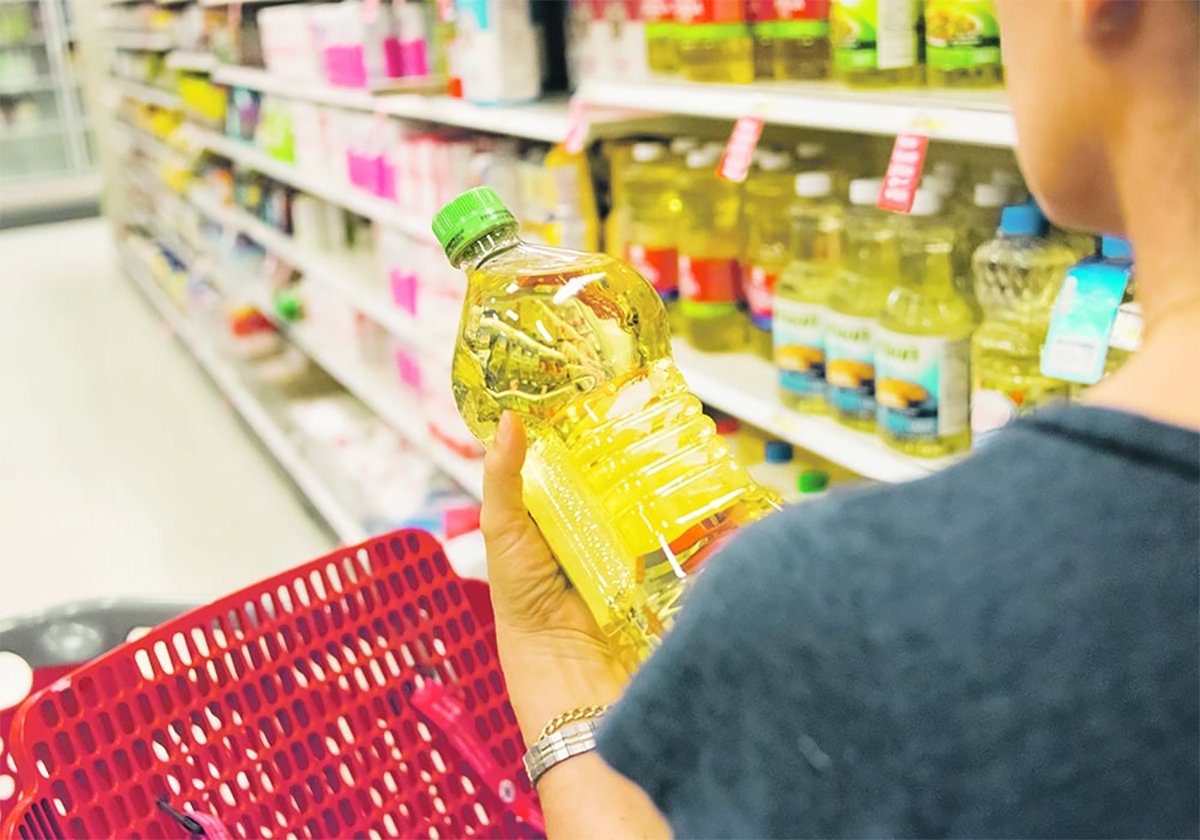We must provide what customers want
The heat has been turned up another notch under the issue of labeling genetically modified foods.
Japan recently legislated that by 2001 foods containing genetically modified organisms, or GMOs, will have to be labeled as such.
A rash of Japanese companies’ announcements followed, saying they will not use genetically modified crops in the foods they process.
Sapporo and Kirin, large Japanese breweries, have announced they will switch to non-GMO corn for their beers by 2001.
And Honda Trading Corp., a subsidiary of the Japanese automaker, said it will build a plant in the United States to sort and bag GMO-free soybeans for shipment to Japan for sale to makers of tofu.
Read Also

Vegetable oil stocks are expected to tighten this year
Global vegetable oil stocks are forecast to tighten in the 2025-26 crop year, this should bode well for canola demand.
In North America, baby food maker Gerber says it will drop corn and soybean suppliers that use GMO crops and will buy only organic supplies.
Ironically, Gerber is owned by Novartis, one of the life science companies pressing the genetic revolution forward.
Gerber said foods containing GMO crops are safe, but it is acting to make mothers “comfortable” when feeding their babies.
These announcements will affect tens of thousands of tonnes of corn and soybeans, small in the context of the millions of tonnes of these crops produced in North America annually.
But they could be the tip of the iceberg.
This should prompt the North American farm community to consider how it will respond.
In international trade talks the issue will arise and Canada and the United States will press to ensure that any restrictions on GMO crops are based on good science.
But trade talks can’t force food processors to buy what they and their customers don’t want.
So in response to consumer demand, a significant market could develop for non-GMO grains and oilseeds.
This raises questions about how grains will be segregated and how to check claims that a certain shipment of grain is indeed non-GMO.
Who will pay for the segregation and testing? Will a premium be paid for non-GMO crops? What will be the tolerance levels of GMO seed within a non-GMO shipment? Will an inspection and auditing system similar to that used by the organic industry be required?
The canola industry in Canada and the corn and soybean industries in the U.S. hoped the world would accept genetically altered food and so decided to avoid the expense of developing segregated handling systems.
But our overseas customers are proving to have little enthusiasm for this fruit of science. In fact, some are hostile.
To avoid forfeiting these markets to others, we must begin to find a way to deliver what they want.
















